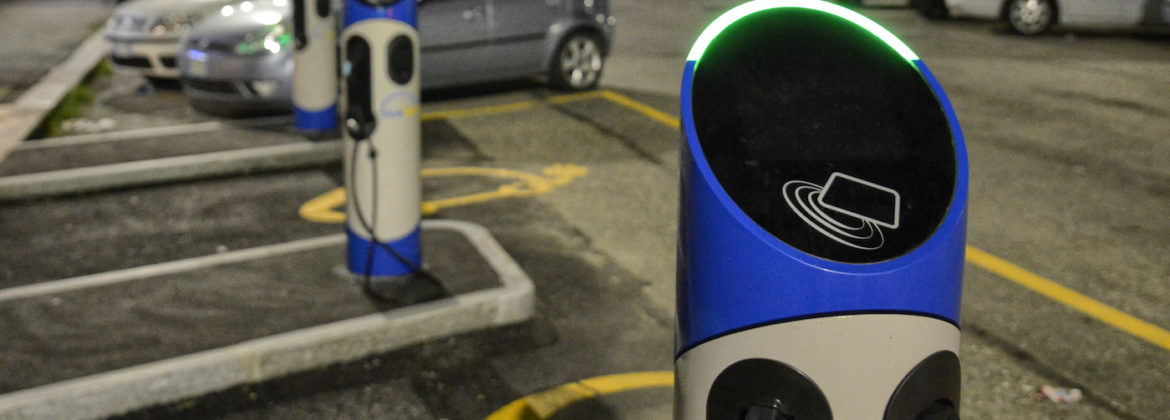3 ways the car rental industry is going greener

Despite years of complacency and in some respects denial, climate change is a reality.
The most recent edition of the Intergovernmental Panel on Climate Change in 2018 made it clear that even a temperature increase of 1.5 degrees Celsius (34.7 Fahrenheit) would have devastating implications on the planet, from increasing wildfires and rising sea levels to more dangerous heatwaves and shorter agricultural growing seasons.
For years, the car rental industry has taken its own strides to curb its own carbon footprint with more changes on the horizon. Here’s a look at three of those initiatives.
1. More green-powered vehicles being added to fleets
Car rental companies adopting vehicles that produce either zero or few emissions isn’t exactly a recent phenomenon.
As far back as 2009, Enterprise, the world’s largest car rental company, added 5,000 hybrid cars to its fleet, a decision that’s been adopted by all of its major competitors.
Additionally, a decade ago, few electric cars, if any, were actually available to book.
Today, more electric cars dot the lineup of what’s available from larger companies, the most popular being Ford Fusion, Nissan Leaf and Tesla Model S. On top of that, vehicles powered by hydrogen fuel cells are being considered and tested by some firms.
Still, it’s an uphill climb, with longtime customers opting for internal combustion vehicles, given that gas is still cheap and electric cars are still far more expensive than their waste-emitting counterparts. But with younger, more environmentally–conscious consumers poised to dominate the market, expect changes in demand in favor of green power to alter fleet inventory in the near future.
2. Technology creating more efficiency and fewer emissions
No doubt, a greener fleet will help reduce company costs, especially when it comes to fuel. But the same technology going into more environmentally friendly vehicles is also increasing efficiencies when it comes to the current rental vehicle lineup.
New buzzwords that have existed in the industry for only a few years, from connectivity to telematics, are starting to manifest themselves in how they can improve company performance.
Cloud raw data retrieval and storage of information taken from each vehicle, for example, can measure the wear and tear of vehicular use as well a fuel mileage to offer solutions to improving performance. And thanks to digital technology which can make that information instantaneous, the decision-making would also be faster.
3. Management systems saving on material costs
The use of a car rental management system has proven to be a critical tool to car rental operations that no company can compete in the industry without one.
A good management system like the products offered by Bluebird can create speed, efficiency and accuracy that can improve all levels in a car company, but there’s one amenity that is frequently ignored. And that would be in the savings realized in fewer material costs, from paper and files to cabinets and storage space.
According to GlobalSign, the environmental cost of producing a ton of paper is roughly 1.5 tons of carbon dioxide going into the atmosphere. And with the United Nations estimating that more than 400 million tons of paper is produced globally and internationally, that’s a lot of harmful emission.
As far as the bottom line, operating without a decent technological management system is financially costly. The cost of filling a file cabinet with documents in the course of operations is roughly $20,000, the task of looking for a lost document costs $150 and almost twice that to re-create that document.
Wrapping up
If environmental damage isn’t enough to convince a car rental company to go green, perhaps the costs affecting its performance might turn a few decision-makers’ heads.
–